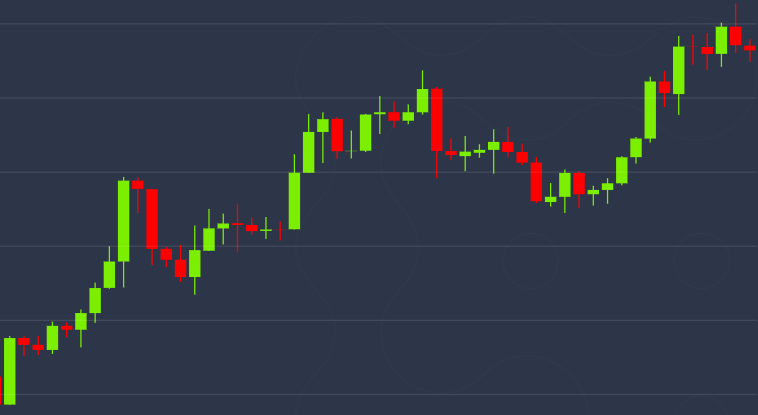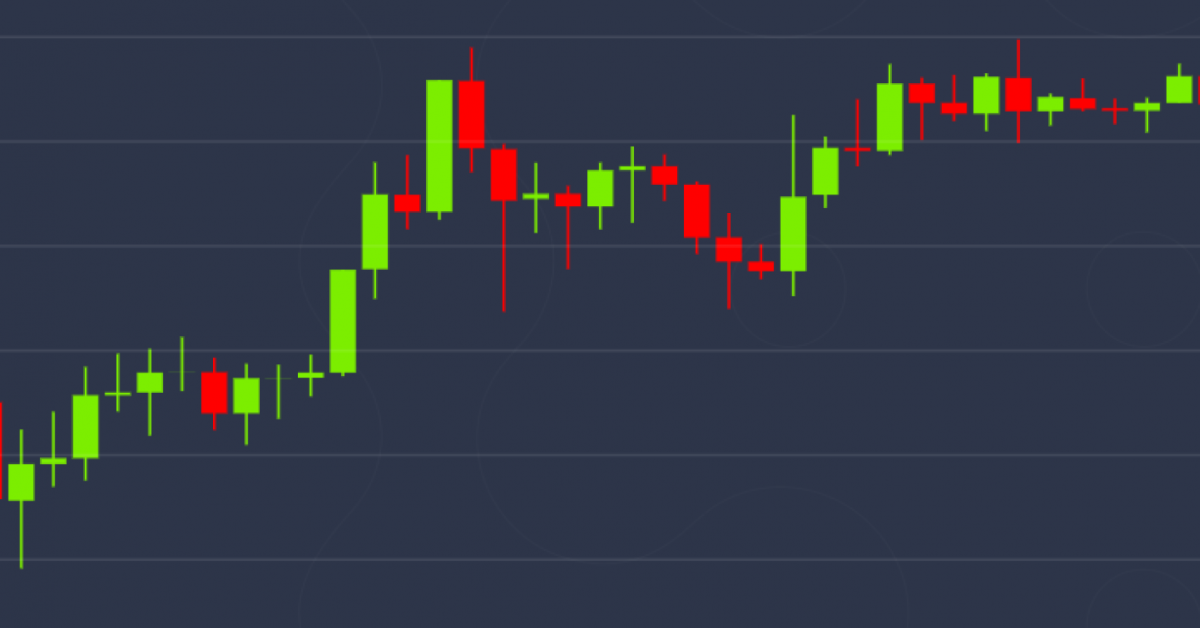And Just Like That, the US Has Become a Bitcoin Superpower
This week’s edition of “Money Reimagined” explores the ramifications of a startling shift in the rankings of the world’s top locations for bitcoin mining. The U.S. has leapt into first place and China, the world leader just a few months ago, now has essentially zero mining capacity following a regulatory crackdown there in June. Co-hosts Michael Casey and Sheila Warren talk to Justin Podhola, the CEO of Elite Mining, and George Kaloudis, who leads CoinDesk’s Bitcoin-focused research.
The show keys off a report from the Cambridge Centre for Alternative Finance (CCAF) that found that as of the end of August, the U.S accounted for more than 35% of the global Bitcoin hashrate – a measure of the total worldwide computational power used to mine bitcoin – more than double its 16.8% stake at the end of April. Over the same period, the report says, China dropped from 46% of total hashrate to zero.
Another point of interest is the rise of alternative centers – in particular, Kazakhstan, which is now in second place with 18.1% of total hashrate, followed by Russia with 11%.
How can an industry with all that equipment and complicated energy needs move so quickly to a new location? What are the geopolitical implications of China’s bitcoin mining leadership – once as high as 75% of total hashrate – now being ceded to the U.S., Kazakhstan and Russia? What does this mean for regulation, especially in the U.S., where the chairman of the Securities and Exchange Commission, Gary Gensler, has been talking a hard line against crypto? Would the presence of a dominant, profitable and strategically important bitcoin industry sway policymakers toward being more or less crypto-friendly?
And, most important, to address a topic that we’ve dived into a number of times on “Money Reimagined”: Does this create an opportunity for the U.S. to lead the push for renewable energy-based mining, not only to make Bitcoin greener but to collaborate with energy developers to fund the expansion of a green grid more generally?
All that and more are discussed in this wide-ranging discussion.
This episode was produced and edited by Michele Musso with announcements by Adam B. Levine and additional production support by Eleanor Pahl. Our theme song is Shepard.









